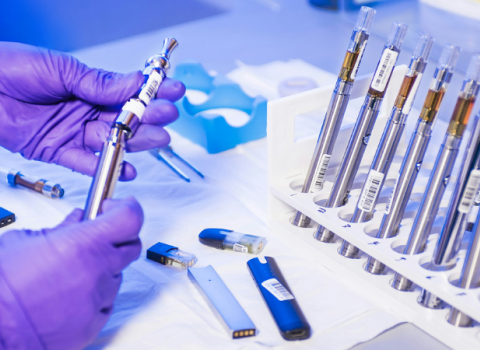 Image courtesy BIO.
Image courtesy BIO.The claim that over-patenting in biotech research hinders the development of new treatments is not supported by empirical evidence, according to a paper published by the US trade body, the Biotechnology Industry Organization.
The paper, “The Myth of the Anticommons”, was released as the US Congress considers a variety of changes to US patent law.
The claim that patents stifle innovation in the biotechnology industry contends that the huge number of patents relating to upstream technology inhibits downstream innovation because of the costs of negotiating and paying for licences, and because patent owners use their intellectual property strategically, to keep competitors out of the market.
This was certainly the case in monoclonal antibodies, where key patents relating to their manufacture have forced companies to take out multiple licences, leading to royalty stacking.
More therapies on the way
However, the BIO white paper finds that research, development and employment in the industry are steadily increasing, as are the number of therapies in the clinical pipeline.
The white paper cites a study by the US National Academy of Sciences, which examined the impact of patents on university research. This found that only 1 per cent of academic respondents experienced delays on their projects of more than a month due to patents, and not a single respondent abandoned a project owing to a blocking patent on knowledge inputs.
“Biotech companies and university scientists agree that patents are a key force behind biotech innovation,” said Jim Greenwood, BIO’s President and CEO. “Biotech companies rely on patented intellectual property to attract the funding they need to conduct the years of R&D necessary to bring a product to market.”
“As Congress considers changes to the patent system, we encourage [it] to recognise and protect the key role patents play in encouraging innovation in the biotechnology industry.”





 A unique international forum for public research organisations and companies to connect their external engagement with strategic interests around their R&D system.
A unique international forum for public research organisations and companies to connect their external engagement with strategic interests around their R&D system.